The SUSFORAGE project aims at assessing the potential benefetis of mixed polycropping-livestock systems under Mediterranean conditions as an adptation strategy to climate change.
Sown forage mixtures have shown advantages compared to monocultures in terms of goods and services, including high productivity and forage quality, lower susceptibility to pests and diseases, enhanced soil fertility, and water and nutrient use efficiency, among others.
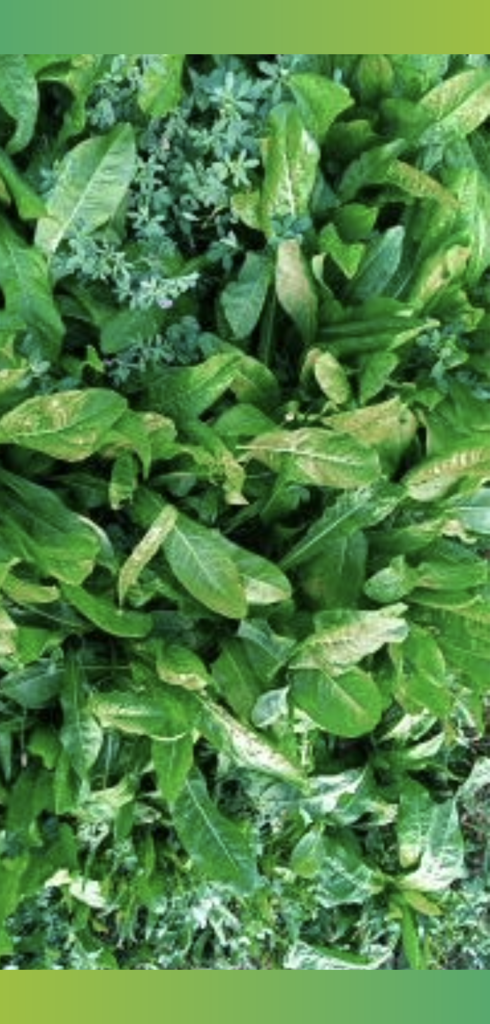
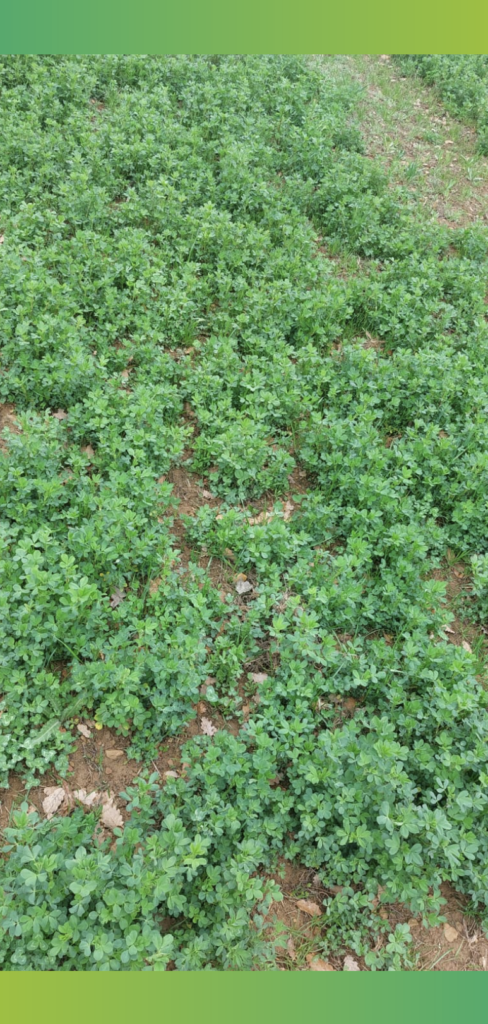
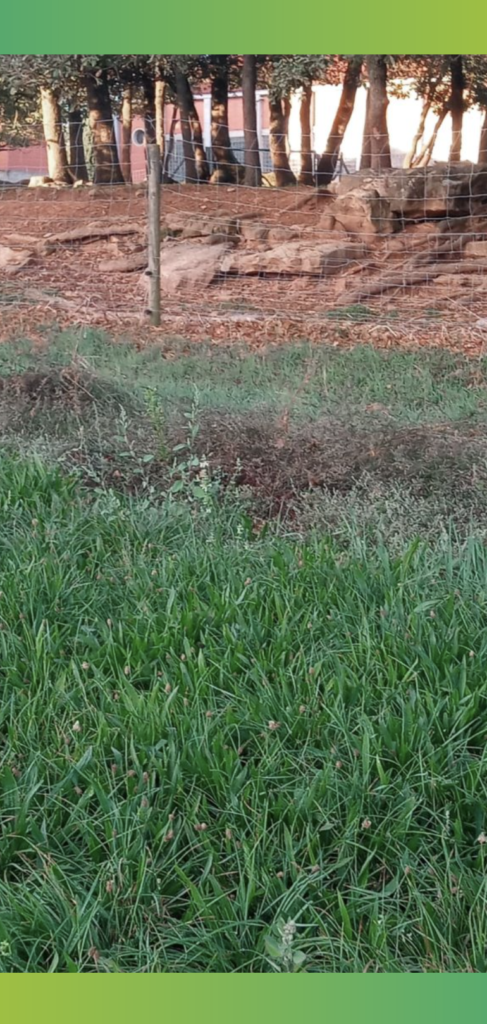
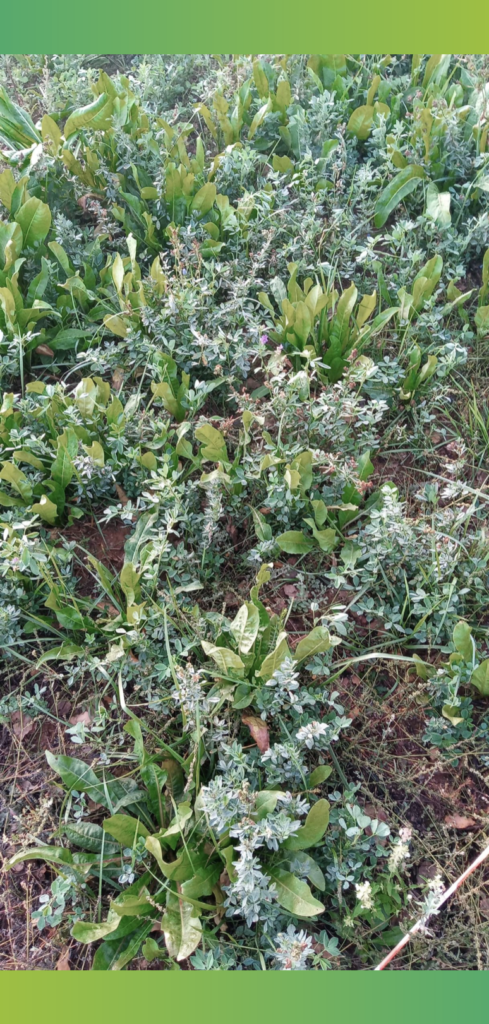
Yet, there is a trend in loss of mixtures in favour of grass monocultures in all Mediterranean areas; as well as there is a lack of information about the effects of grazing on soil carbon and fertility conservation in mixed polycropping-livestock systems.
A better understanding of the functioning of polycropping-livestock systems under extreme conditions and drought is still needed in vulnerable climates including the Mediterranean. This knowledge can provide relevant management guidelines for climate change adaptation.
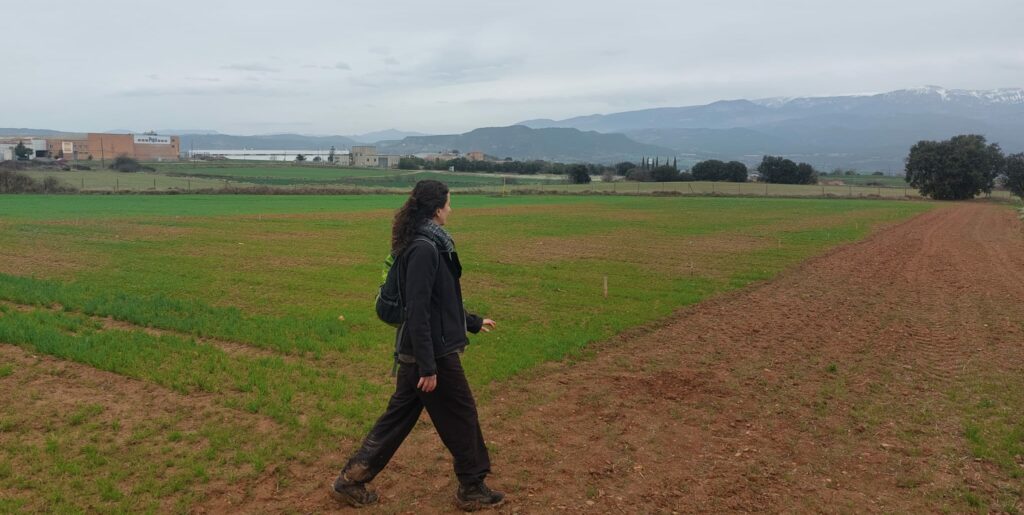
To this purpose, SUSFORAGE asks the following questions:
- Are sown mixtures advantageous in dry Mediterranean areas in terms of yield productivity, quality, resilience and stability, soil fertility, health and carbon sequestration?
- Do sown mixtures combining different plant traits ameliorate soil function and microbial processes to deliver mixture benefits?
- Do the benefits of sown mixtures hold under grazing conditions in water-limited areas?
- What are the most important perceived benefits and constraints of sown forage mixtures by local farmers?
To answer those questions, SUSFORAGE proposes the establishment of 5 Case-Study Regions across a climatic gradient, where swards will include a range of sown proportions and monocultures of the most commonly used local forage species.
Several soci-ecological indicators will be measured at all sites to develop models of optimal adaptive mixture proportions under given climatic conditions.
 Skip to content
Skip to content 